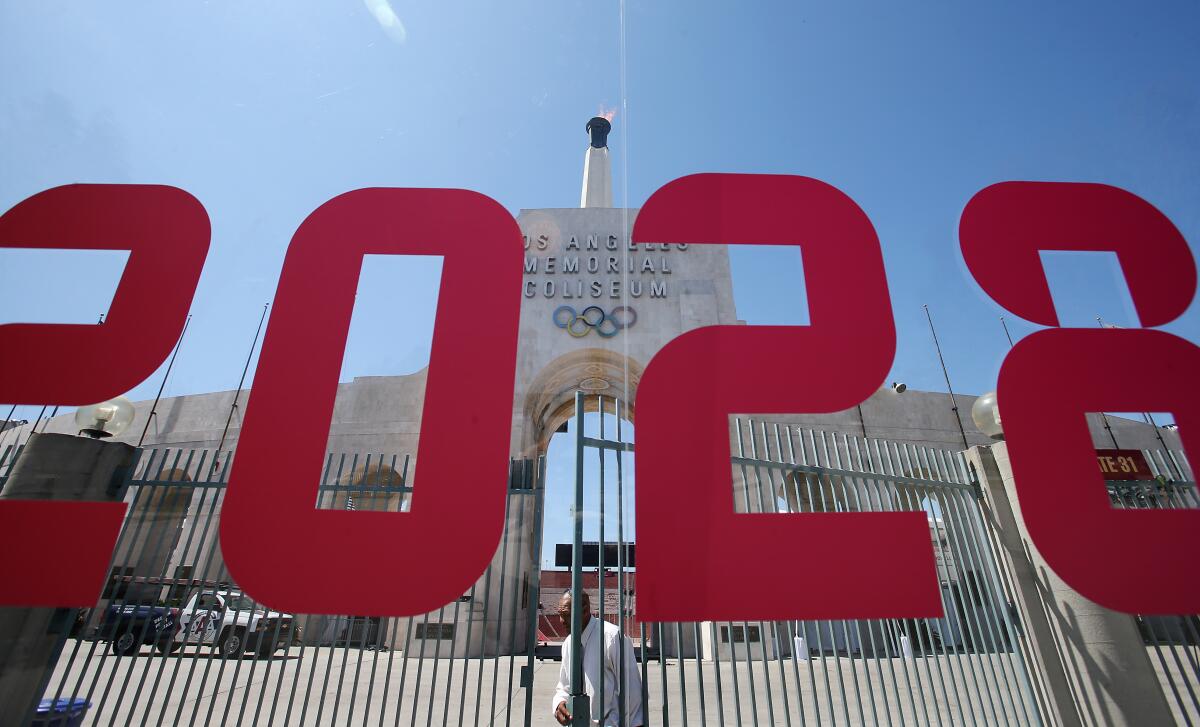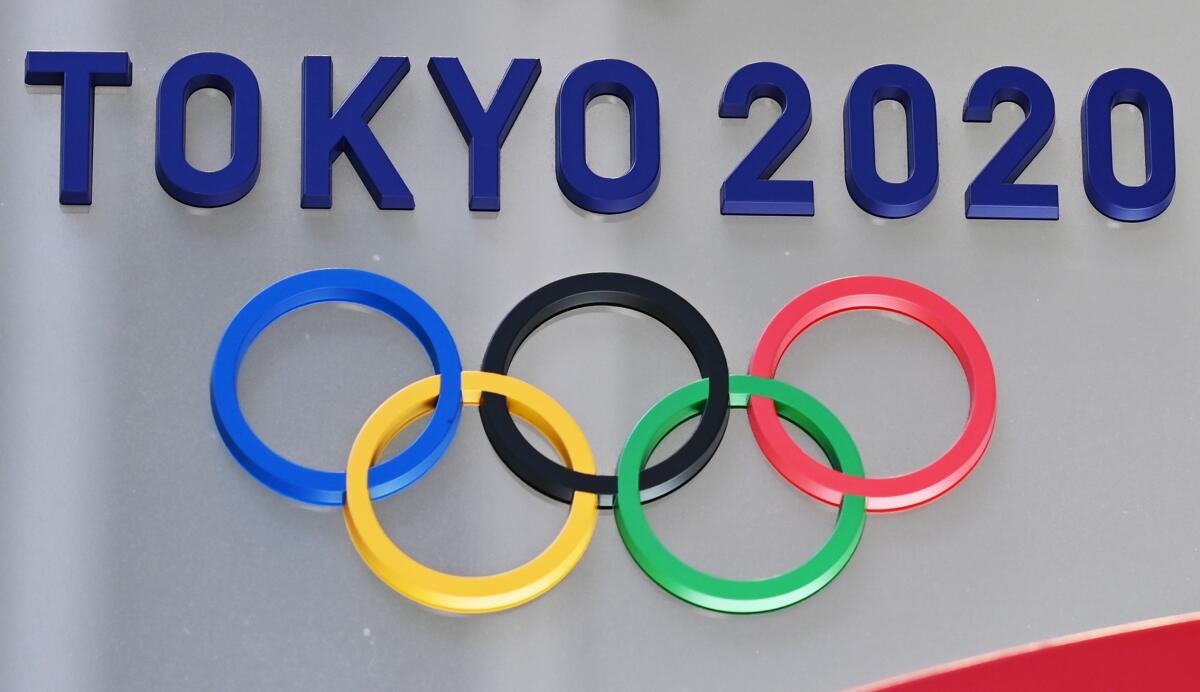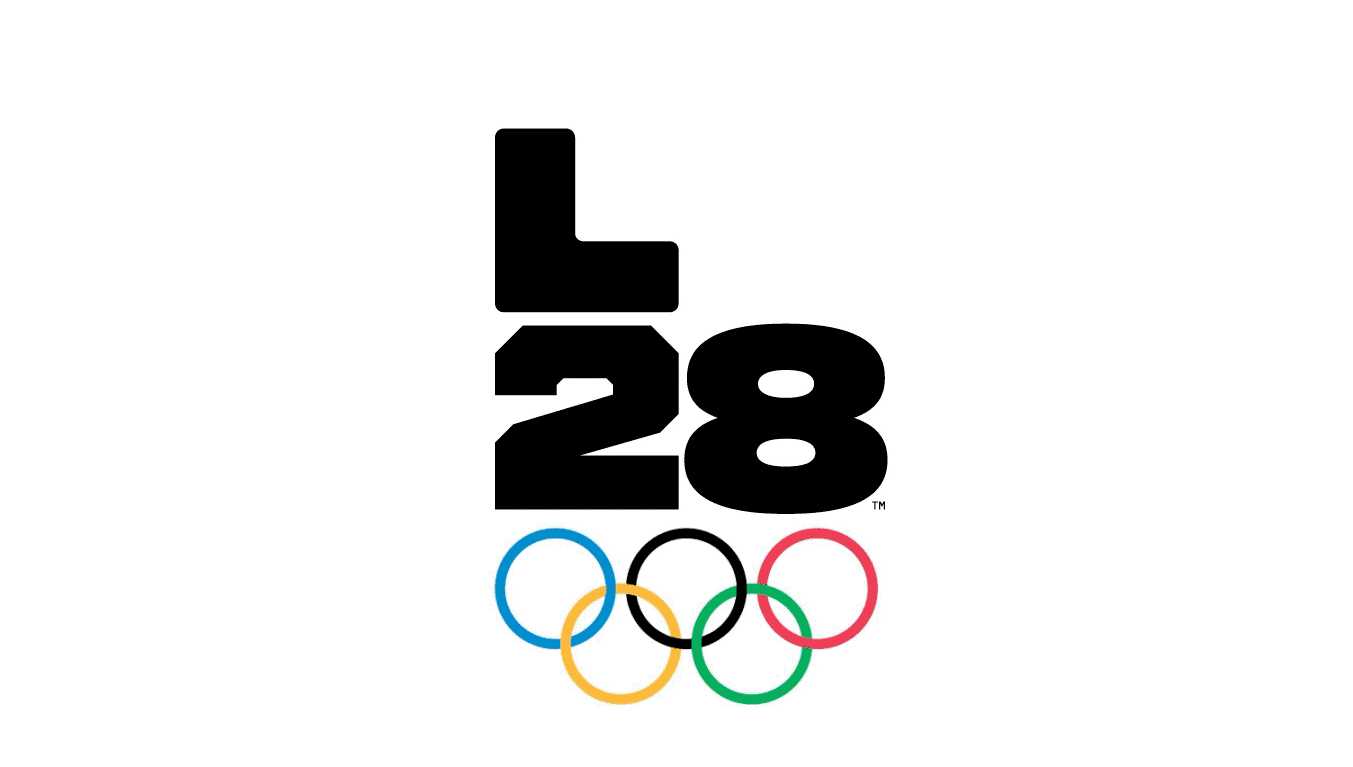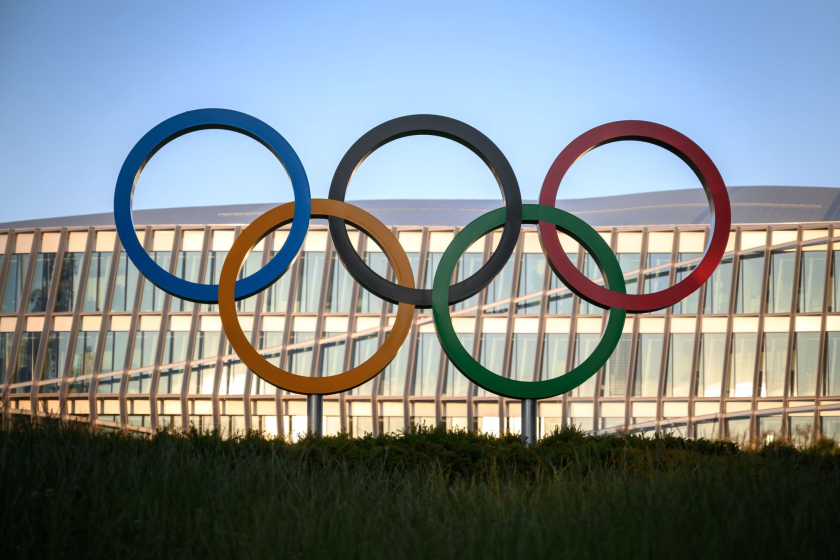L.A. 2028 Olympics face many potential pitfalls on the road to fiscal responsibility

A new study by researchers at the University of Oxford suggests that Los Angeles is on track for a fiscally responsible Summer Olympics but has much to worry about between now and 2028.
“Regression to the Tail: Why the Olympics Blow Up” paints a dire overall picture, showing that despite the International Olympic Committee’s efforts to make the Games more affordable, host cities are running up large deficits.
“People had hoped the Olympic Games would not continue to have high costs,” said Bent Flyvbjerg, a business professor who co-authored the study with colleagues Alexander Budzier and Daniel Lunn. “That hope has now been dashed.”
The study shows that since 1960, host cities have exceeded their projected budgets by an average of 172%.
LA28 organizers have put forth a $6.9-billion budget and vowed to cover all costs through ticket sales, sponsorships, merchandising and other revenue. But city and state legislators have agreed to serve as a financial backstop, so taxpayers will have to foot the bill for any overruns.
L.A. has an advantage because of its array of existing venues such as SoFi Stadium, Staples Center, Pauley Pavilion, the Coliseum and the Rose Bowl; only a few temporary facilities will be needed at relatively low cost. Instead of spending $1 billion or more on an athletes village, the LA28 organizing committee will house teams on the UCLA campus.
Allyson Felix, Gabby Douglas and Billie Eilish are among the athletes, artists and celebrities who have created logos for the 2028 L.A. Olympics.
“I think the risks are lower for Los Angeles than for your average city,” Flyvbjerg said. “It doesn’t mean they are not at risk.”
The Oxford study focuses on sports-related costs such as venue construction. It does not consider other expenses that often come with the Games, as cities spend tens of billions to improve local roads and infrastructure. The L.A. City Council has insisted it has no plans for any major projects.
Still, when the 2020 Tokyo Games were postponed for a year because of the novel coronavirus outbreak — at a cost estimated between $2.7 billion and $5.7 billion — it served as a reminder that the massive competition can be derailed by unforeseen developments.
Disasters, or “black swan” events, can include earthquakes, terrorist attacks and war.
“What if it had been L.A.?” Flyvbjerg said. “What if everything was going as planned and then you had a pandemic?”
This summer also raised the possibility of civil unrest in 2028. “Security costs are very high for an Olympics,” Flyvbjerg said.

LA28’s security budget is contained in a $1.2-billion line item broadly labeled as “Sport, Games Services & Operations.” The federal government has pledged hundreds of millions, if not more, in addition for keeping the Olympics safe.
The IOC recently addressed the cost of hosting the Games through its Agenda 2020, which seeks to cut expenses in various ways, especially during the bid process. Oxford researchers characterized the initiative as “too little, too late.”
Mismanagement is often a concern, they said. Because the Olympics shift from city to city, organizers rarely have any experience with staging such a large production. They often hire private consultants who specialize in preparing for the Games, but even small missteps can prove costly.
“We have full confidence our privately funded budget accommodates all variables and scenarios, and we are updating and evaluating consistently,” an LA28 spokeswoman said.
The organizing committee’s budget includes a $615-million contingency fund. At roughly 10% of the overall budget, that would not have covered unexpected costs at some previous Games.
The 2012 London Olympics had a 76% overrun on $14.9 billion in sports-related costs, according to the study. Four years ago, in Rio de Janeiro, costs exceeded projections by 352% for a total of $13.7 billion.
By comparison, the 1984 Los Angeles Olympics cost about $800 million and finished with a $225-million surplus.
Money is not the only issue. If rioting in the streets happens during the 2028 Summer Games, police presence would have to be greatly enhanced.
Records show the U.S. Olympic & Paralympic Committee was operating at a considerable deficit before the coronavirus postponed the Tokyo Olympics.
“That would be really bad,” Flyvbjerg said. “You’d have to turn L.A. into an authoritarian state for the duration of the Games.”
The study offers several suggestions for making the Olympics more efficient. The IOC currently shoulders little of the burden; committee members would be motivated to economize if they assumed some risk of overruns. A shorter lead-in time — host cities are now chosen seven years in advance — would lessen the chance of unforeseen developments down the road.
Researchers support rotating the Games among a short list of cities that already possess the necessary infrastructure, an idea the IOC has repeatedly dismissed. Olympic leaders prefer to continually move around the globe, especially to places where the brand isn’t as strong.
It might help to award two successive Olympics to the same city — the second time would cost far less while doubling overall revenue. That might seem radical, but Flyvbjerg noted that fewer cities are now willing to gamble on hosting.
As for the 2028 Summer Games, the professor advised caution and vigilance.
“I would say L.A. is on a good track,” he said. “But I would use my imagination and think of everything that could go wrong.”
More to Read
Go beyond the scoreboard
Get the latest on L.A.'s teams in the daily Sports Report newsletter.
You may occasionally receive promotional content from the Los Angeles Times.









